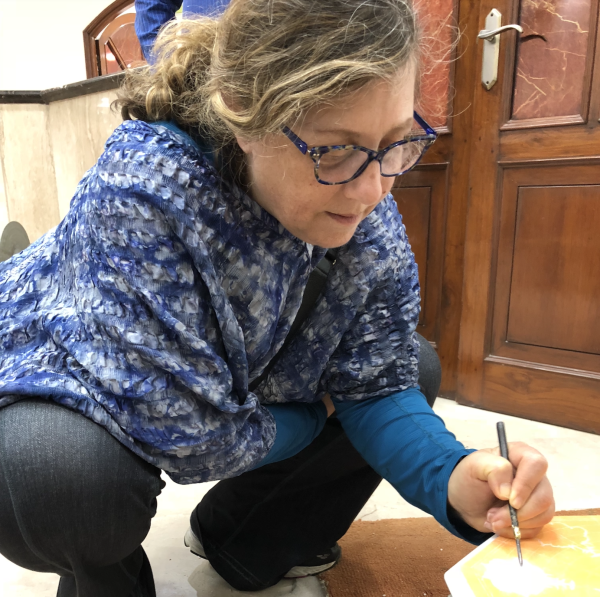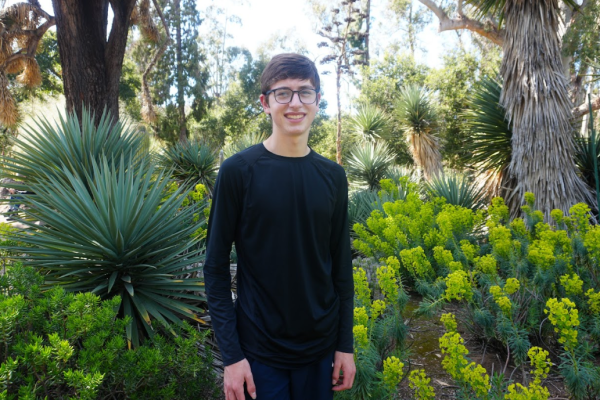Steve Ferrera
A Q&A All about his exhibit in the deyoung Museum and how art can impact our lives
How would you describe your exhibit that was featured in the deYoung Museum this summer?
The exhibit is a behind-the-scenes look at the production of a children’s book that’s made with puppets and sets. The story is about two characters, a boy and a girl, and they go on this journey up to the sun. The moral of the story is you don’t know what you have until it’s gone, but it has a happy ending.
What did you enjoy about watching others experience your art?
A lot of people could connect to it on different levels.Kids could relate to it because it was a world of sets and puppets, but the adults could really relate to it too. It looked like something that could’ve existed at the turn of the century. 
How have your experiences shaped your artwork?
I had some jobs in the traditional fields, as a sculptor and a glassblower, but then after that I was working in the animation and visual effects industry, working on films, commercials and video games. Both of those shaped where my art is now because it has one foot in the traditional field and one foot in film and video.
Which new disciplines would you like to explore?
It would be cool to be a film director, but that’s such a gigantic undertaking. I would love to do music, I just don’t have the patience or the time to learn. 
What traits do you admire in artists?
I like artists that cross a lot of different disciplines because I admire that they have the skill set to not just be stuck with one. You have to be confident to do that; you have to throw caution to the wind a little bit. I like people who will step out of their comfort zones.
How does art positively affect our lives?
It’s just about balance. There’s a new paradigm of thinking that the right brain skill set is going to be responsible for the qualities that we’re going to need in the future. As things get more technologically advanced, the left brain skills become more automated, so a lot of those skills might be replaced. Then you have stuff on the right brain, like thinking outside the box or empathy (a right brain characteristic), which you learn in art classes. It’s a whole set of skills that make a well-rounded person. 
Do you have any advice for any aspiring artists?
Trust your instincts. Making mistakes is one of the best ways to learn and evolve as an artist. The more mistakes you make, the better.






